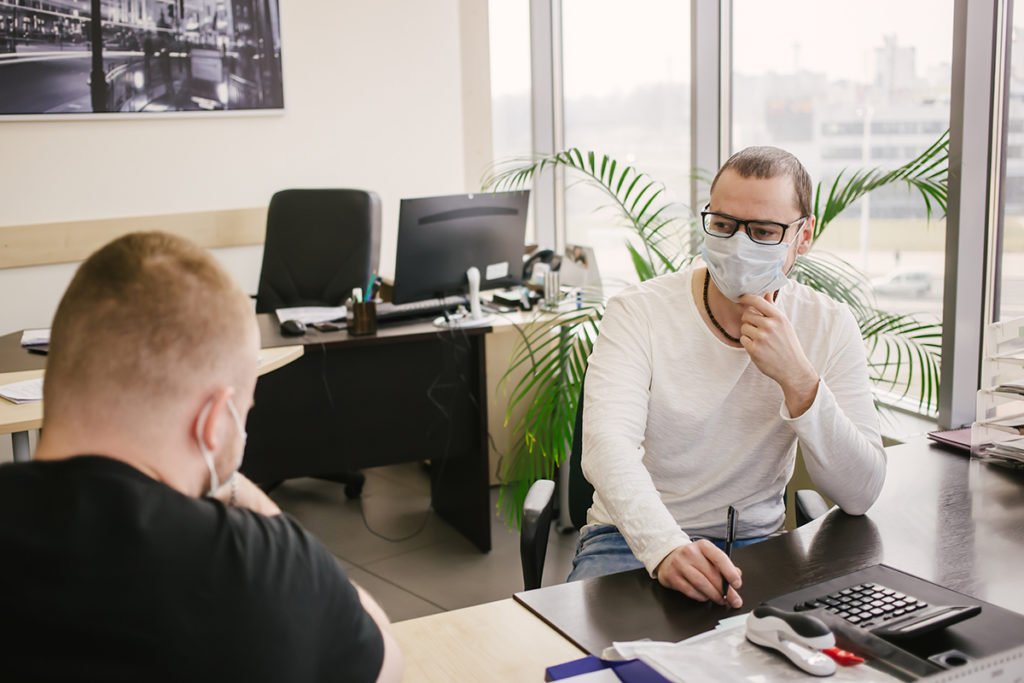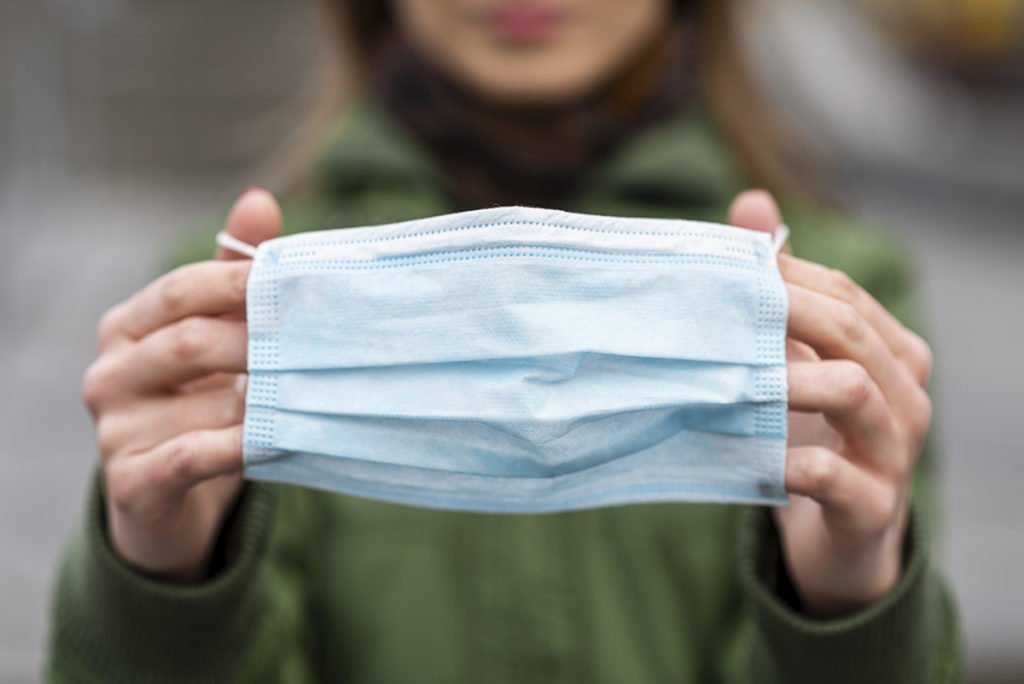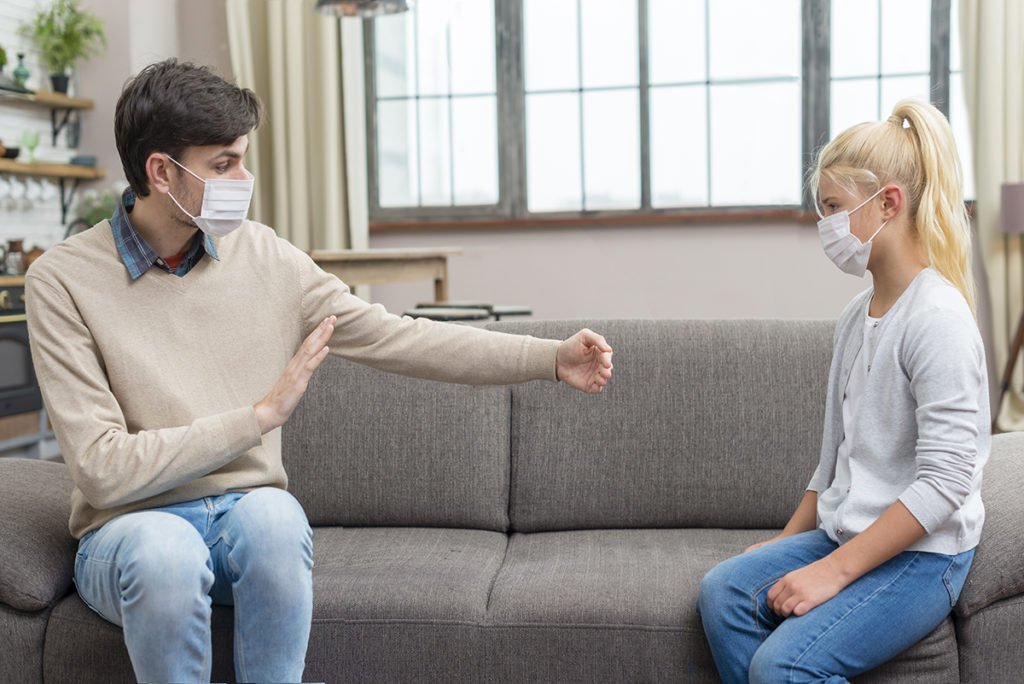Tips to reopen your psychotherapy sessions
As the de-escalation phases progress, it is time to reopen the consultation and return to serve our patients. Thinking about it, we have put together a series of tips that will be useful to start this new stage.
Evaluate how to work with each patient
In patients diagnosed or strongly suspected of having COVID-19: the use of virtual reality equipment is NOT recommended, as well as in those with symptoms highly compatible with the disease until they are authorized by a qualified medical professional and they can resume their lives normal daily.In people without a formal diagnosis of COVID-19 and free of symptoms compatible with the disease: the use of virtual reality equipment in this population is a decision that the therapist must make. Due to the relatively high incubation period of the disease, a person may be contagious before symptoms appear.
Before opening, assess the risk of proximity
Remember that you have more options apart from making face-to-face consultations. You can minimize the risk started with remote sessions. Psious@home is the best option to carry out this kind of therapy.
Take extreme hygiene measures before, during and after
It is absolutely necessary that no one loses sight of the importance of self-protection and acting responsibly. We recommend consulting the official information of the World Health Organization or the health entities in your country in relation to measures established for public health. Here we have summarized some of the most important:
- It is recommended that visual information (posters, brochures, etc.) be placed in strategic places in the care centers to provide the population with instructions on hand hygiene and respiratory hygiene.
- Hydroalcoholic solution dispensers should be available to the population and staff.
- Waste containers must be available, with an opening lid with a pedal, for the elimination of the generated waste.
- The procedure for cleaning and disinfecting the surfaces and spaces in contact with the patient should be done in accordance with the normal cleaning and disinfection policy of each center. Cleaning the surfaces with a suitable disinfectant or with a sodium hypochlorite solution containing 5000 ppm of active chlorine is recommended (for example, a product with hypochlorite in a concentration of 40-50 gr/liter, a 1:10 dilution will be made at the time of use).
- Keep the care spaces ventilated.
Learn how to use Psious
During the Covid-19 outbreak, we recommend following certain security protocols when using virtual reality equipment in consultation:
- Use disposable masks for your eye device and silicone covers for controllers, if used.
- Clean virtual reality devices before and after each patient use them. In this article, we have written more about how you can do it.
- We advise during the alarm state not to use the galvanic response sensor (GSR) unless it is strictly necessary. If you must use it, ask your patient to clean their hands before, using an alcohol-based hand sanitizer with at least 60% alcohol. Clean the electrodes with alcohol wipes after each use.
- Ask your patients to wear a mask during the session, even when they wear the glasses.
First of all, keep your distance
Sit at least two meters away from your patient and keep the room ventilated, keep your hair up and avoid wearing accessories that are hanging or that can get in the way. Inform your patients in advance so that they also adopt these measures and come prepared.Remember to wash your hands frequently, always at the beginning and at the end of each visit, and do not share personal items with your patient.Avoid as much as possible that there is more than one person in the waiting room or in the common spaces. Try that the appointments have planning that prevents the presence of several people in the same space.If you work in a center with more therapists, also try to keep your distance from your coworkers. Avoid team meetings, and make them now by video conference or by phone.
Spend time reviewing the VR environments
The current situation with COVID-19 may have caused other diseases. Remember that Amelia Virtual Care offers you more than 70 environments and a multitude of adjustable parameters. Get acquainted with them and keep them in mind. If you prepare before, you can react better in the session.Finally, direct any additional questions you have to the state or local health department.













